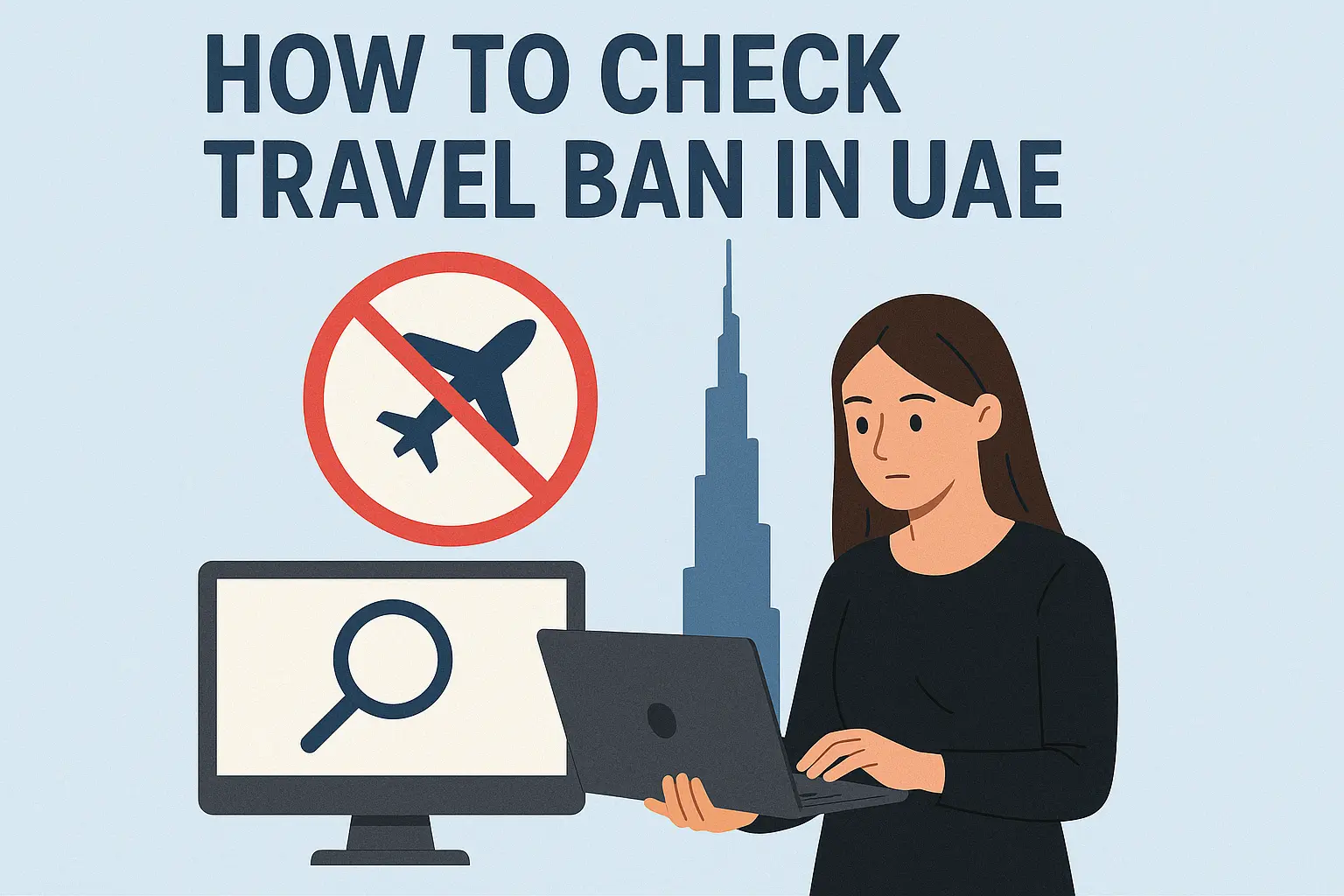Travelling is an exciting experience that opens the door to new experiences, cultures, and memories. However, amidst the excitement, it becomes necessary to consider the practical aspects that provide security and comfort during your journey. According to industry reports, approximately 1 in 30 travellers requires some form of medical assistance abroad, with repatriation services being an essential and often costly element of these emergencies.
The loss of a loved one is an inevitable sadness, and in such moments, the last thing you want to worry about is the financial and logistical challenges of bringing their remains back home. This is where travel insurance with repatriation cover comes into play, providing a vital service during one of life’s most challenging times.
This guide explores the important things to consider when purchasing repatriation cover, ensuring that you and your loved ones are shielded and supported during life’s most difficult moments.
What is travel insurance with repatriation cover?
Repatriation cover insurance is a component of travel insurance designed to cover the cost of transporting the mortal remains of an insured person back to their home country in the unfortunate event of death while travelling. This coverage ensures that families do not face additional financial burdens during such a tragic event, letting them focus on grieving and healing instead of worrying about the logistics and costs associated with repatriation.
Insurance providers offer medical evacuation and repatriation cover, which covers transporting an ill or injured person to the nearest suitable medical facility or the traveller’s remains back home after his tragic passing in a foreign country.
Consider a scenario where a traveller suffers a fatal accident while abroad. Depending on the location, the cost of transporting their remains home could exceed AED 50,000. Repatriation cover ensures that the insurance provider handles these expenses and logistical arrangements, easing the family’s financial and emotional burden during such a difficult time.
Why is travel insurance with repatriation cover important?
Repatriation cover is crucial for those who want to be ready for any unforeseen events that might occur while travelling abroad.
Here are some key reasons why repatriation cover is crucial:
- Financial relief during emotional times: Losing someone dear is an irreplaceable loss. In addition to the emotional toll, unexpected costs are often associated with handling the deceased’s remains abroad. Travel insurance with repatriation cover soothes these expenses, which can be huge, especially when overseas.
- Ease of process: Navigating foreign laws and regulations regarding the repatriation of a body can be complicated and daunting. This insurance with repatriation cover ensures that all legalities are handled smoothly, allowing for a more seamless process.
- Global coverage: Depending on the policy, holiday insurance with repatriation cover often provides worldwide protection, ensuring that no matter where the tragedy occurs, the insured’s remains will be transported back to their home country.
- Sense of security: Travel insurance with medical cover and repatriation provides peace of mind for both the traveller and their loved ones, who know that they are prepared for the worst-case scenario.
Factors to consider when choosing travel insurance with repatriation cover
When selecting a repatriation cover policy, you should consider a few things to ensure you get the most suitable coverage:
1. Coverage limits
Before purchasing travel insurance with repatriation cover, it is essential to understand the limits of repatriation coverage. Some insurance plans offering inbound travel insurance in UAE may have a cap on the amount they will pay for repatriation. Always check the maximum limit and ensure it covers potential costs based on your travel destination.
2. Geographic scope
Ensure the policy covers the countries you are travelling to. Some policies might exclude specific regions or have limited coverage in certain areas. Some best travel insurance plans can provide global coverage, ensuring you are covered no matter where your travels take you.
3. Exclusions and restrictions
Carefully review the policy’s exclusions and restrictions. Comprehensive travel insurance in UAE may not cover repatriation in cases of death resulting from certain activities like extreme sports, war zones, or pre-existing medical conditions. Understanding these exclusions helps avoid surprises when filing a claim.
4. Add-on requirements
Some travel insurance with repatriation cover policies include repatriation as standard, while others may offer it as an optional add-on. If you find that repatriation cover is not included in your policy, consider which add-ons you do not need and opt for repatriation cover insurance to ensure you have the necessary protection.
5. Claim process
The ease and clarity of the claim process are crucial. In the event of a claim, the last thing you want is to deal with an inconvenient process. Look for policies with more direct claim procedures and 24/7 support.
How to choose the right policy: A guide
Now that you know what to look for, the next question is: how do you implement this and pick the right policy? Choosing the right travel insurance with repatriation cover can seem overwhelming.
Here’s an easy guide to help you make an informed decision:
- Think about your needs: Consider the nature of your trip and any risks involved. Determine if you’re going to high-risk destinations or engaging in risky activities, which can influence the type of travel insurance with repatriation cover you need.
- Mention any pre-existing conditions: Always disclose existing medical conditions to avoid denied claims or voided policies. Being upfront ensures you have the right coverage for any health issues during your trip.
- Compare different options: Use comparison tools or consult an insurance broker like InsuranceMarket.ae to evaluate various policies. Look at coverage limits, exclusions, and premiums to find the best repatriation cover in the UAE.
- Read the details: Carefully check the policy details to understand what is covered and what is not. This helps ensure you have the correct travel insurance with repatriation cover.
- Look at reviews and ratings: Read customer reviews and check the insurance company’s reputation. Choose providers with strong customer service and a good record of handling claims.
- Talk to the insurance provider: Contact the provider for any clarifications and ask specific questions about your travel insurance’s medical evacuation and repatriation coverage.
Final takeaway
The end of life is always a heartbreaking occurrence, especially when it happens far from home. Travel insurance with repatriation cover provides essential protection and calmness, ensuring that in the worst of times, the burden on those left behind is minimised.
By carefully considering your needs, understanding your policy, and selecting the right coverage, you can travel with the confidence that you and your loved ones are fully protected.
Frequently Asked Questions (FAQs)
Do travel insurances cover repatriation?
Many travel insurance policies do cover repatriation, either as a standard feature or as an add-on. Always check your policy details.
What is the repatriation of insurance coverage?
Repatriation coverage covers the cost of returning an insured person’s remains to their home country if they pass away while travelling. This can include transport, preparation of the remains, and handling all necessary documentation.
What is the repatriation clause in travel insurance?
The repatriation clause specifies the conditions under which repatriation expenses are covered, such as coverage limits, exclusions, and the types of transportation involved. Reviewing this clause to understand any limitations in your policy is important.
Is repatriation cover included in all travel insurance policies?
No, not all policies include repatriation cover. It may be an optional add-on or included in comprehensive plans.
How much does repatriation cost without insurance?
Repatriation costs vary depending on factors such as the country of death and the method of transport. On average, it can range from AED 20,000 to AED 50,000, but it can be even higher in remote areas or complex situations.
Are there any situations where repatriation cover would not apply?
Yes, repatriation coverage might not apply in cases such as death due to suicide, participation in illegal activities, or drug use. Policies may also exclude certain high-risk activities, so reviewing your insurance policy carefully for these exclusions is essential.






